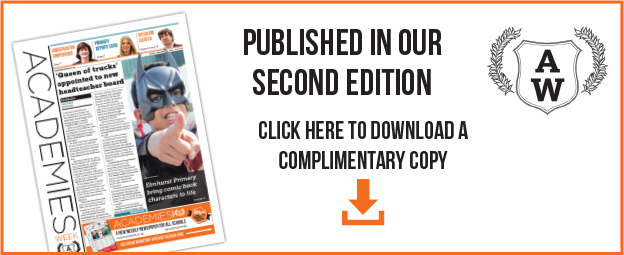Teaching techniques boost the maths results of Chinese primary school pupils compared with their peers in England, a study has concluded.
The report, presented at The British Educational Research Association’s (BERA) annual conference this week, suggests that “whole class interactive” work, is more effective than children working through exercises with teacher support.
The research included maths tests given to 562-nine and 10-year-olds across classrooms in Southampton in England and Nanjing in China.
Results found that the Chinese pupils performed significantly better. In the first two test Chinese pupils achieved 83 per cent, compared with 56 per cent among the English cohort.
A second test 10 weeks later showed English pupils improved their score to a 66 per cent average, but this was still well short of the figure for the Chinese children of 87 per cent.
The researchers found that “whole class interaction” was being used 72 per cent of the time in Chinese classrooms, compared with only 24 per cent in England.
By contrast, the classes in England spent nearly half – 47 per cent-of their time-in “individual or group work”, compared with 28 per cent in China.
The study mirrors the results found by former education minister Liz Truss who led a fact-finding mission to Shanghai in China earlier this year to see how children there have become the best in the world at maths.
As a result of the trip, a national “maths hub” programme was launched this week. It will be co-ordinated by the National Centre for Excellence in the Teaching of Mathematics (NCETM).
The two-year research project involves a teacher exchange between England and Shanghai. About 60 teachers, mainly from English primary schools, are currently in Shanghai. A return trip will take place in November.
The scheme is backed by £11 million funding from the Department for Education and will be accessible to all schools.
A spokesperson for NCETM said: “We fervently hope that the research project will lead to improvements in the way English pupils learn maths, and the depth of their understanding. But these things can’t happen overnight.”
Mark Dawes, specialist leader in education at the Cambridge Maths Hub said: “There was a real buzz at the launch and I really feel that maths teachers will feel empowered by this programme. I would hope that in a few years’ time, if you were to review this, you’d find that the hub did make a difference to English pupils.
“I would hope that it raises the quality of teaching in this country and therefore lead to better academic results for the children.”







Your thoughts